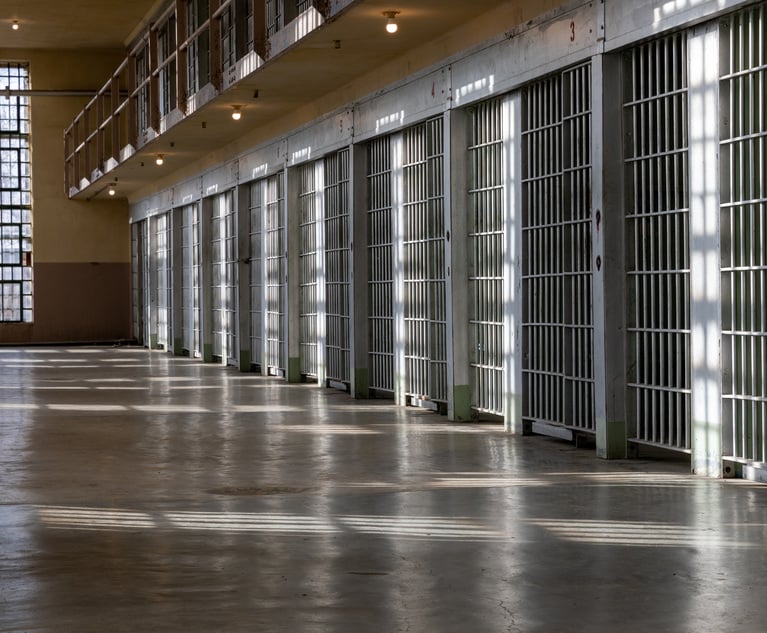The economy is booming, unemployment is at a near historic low, and mortgage interest rates are falling, but this apparently good news for the housing industry does not appear to be translating into an increase in housing sales. The U.S. Census Bureau says that the U.S. home ownership rate is down 0.27% from a year ago, the National Association of Realtors announced that existing home sales fell 1.7% in June, and the Commerce Department reported that single family home construction starts are down 1% on an annualized basis from 2018. In years past, the housing market typically marched in lock-step with the economy. Many blame rising home prices, construction and land costs, and a lack of inventory, but a large part of the reason for this disconnect between home sales and the economy may be due to changes in the 2017 Tax Cuts and Jobs Act (TCJA) that either reduced or eliminated the tax advantage of purchasing a house rather than renting one.
The higher-end home market is being impacted by four provisions in the TCJA: a $10,000 limit on deducting state and local taxes, which for many prospective higher-end homebuyers will limit the amount of real property taxes that can be deducted; a reduction in the amount of a mortgage on which interest can be deducted—down to $750,000 from the pre-TCJA ceiling of $1 million; the elimination of interest deductions for home equity loan mortgages, which had provided a tax advantaged method of financing other purchases; and lower tax rates in general which reduce the value of these deductions. When these limitations on the tax benefits of purchasing a home are combined, it might cause a prospective homeowner pondering a housing upgrade to think twice about the additional after-tax cost.


 Marvin Kirsner, Greenberg Traurig shareholder
Marvin Kirsner, Greenberg Traurig shareholder




